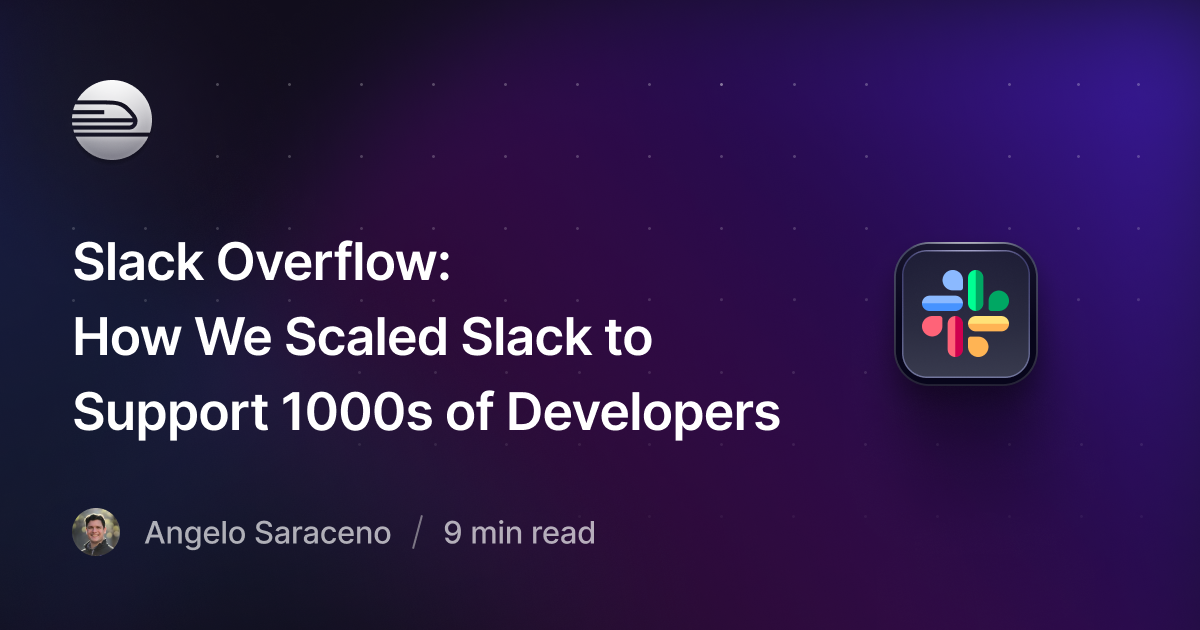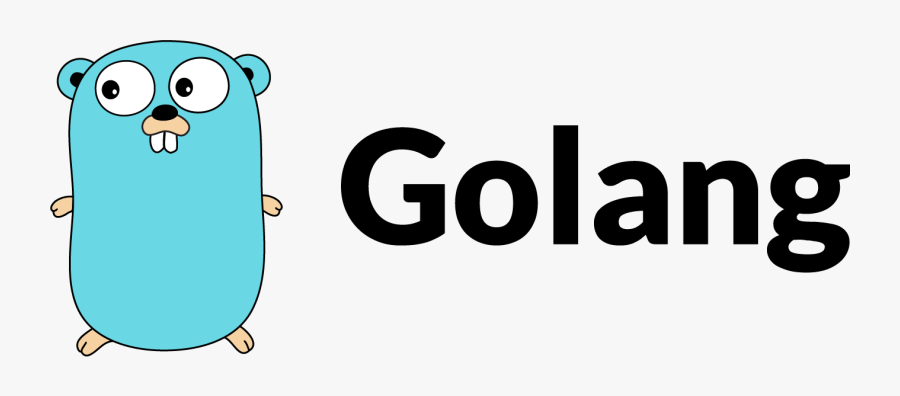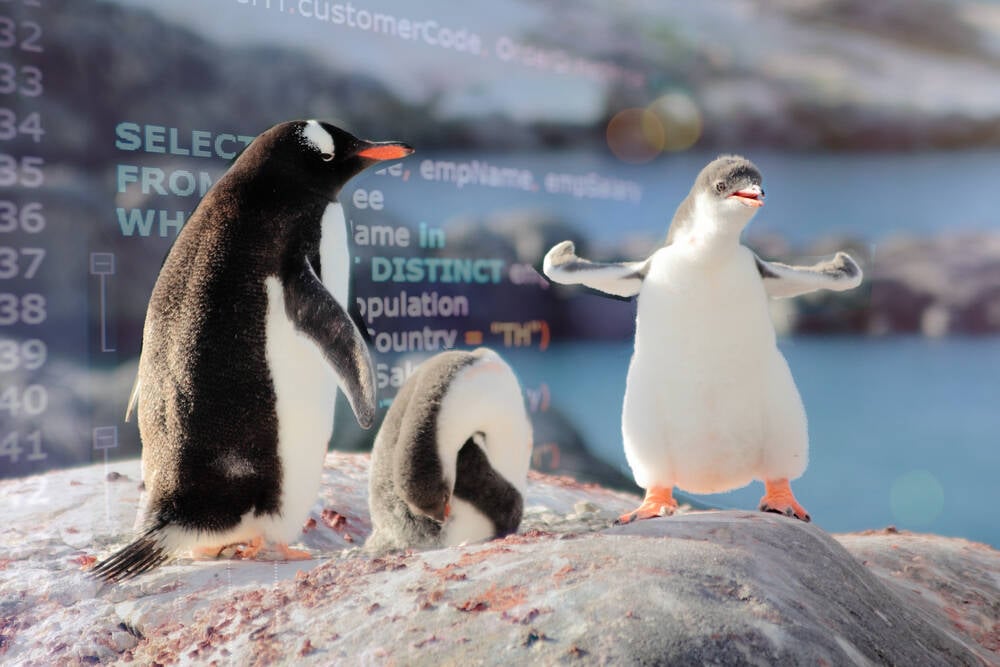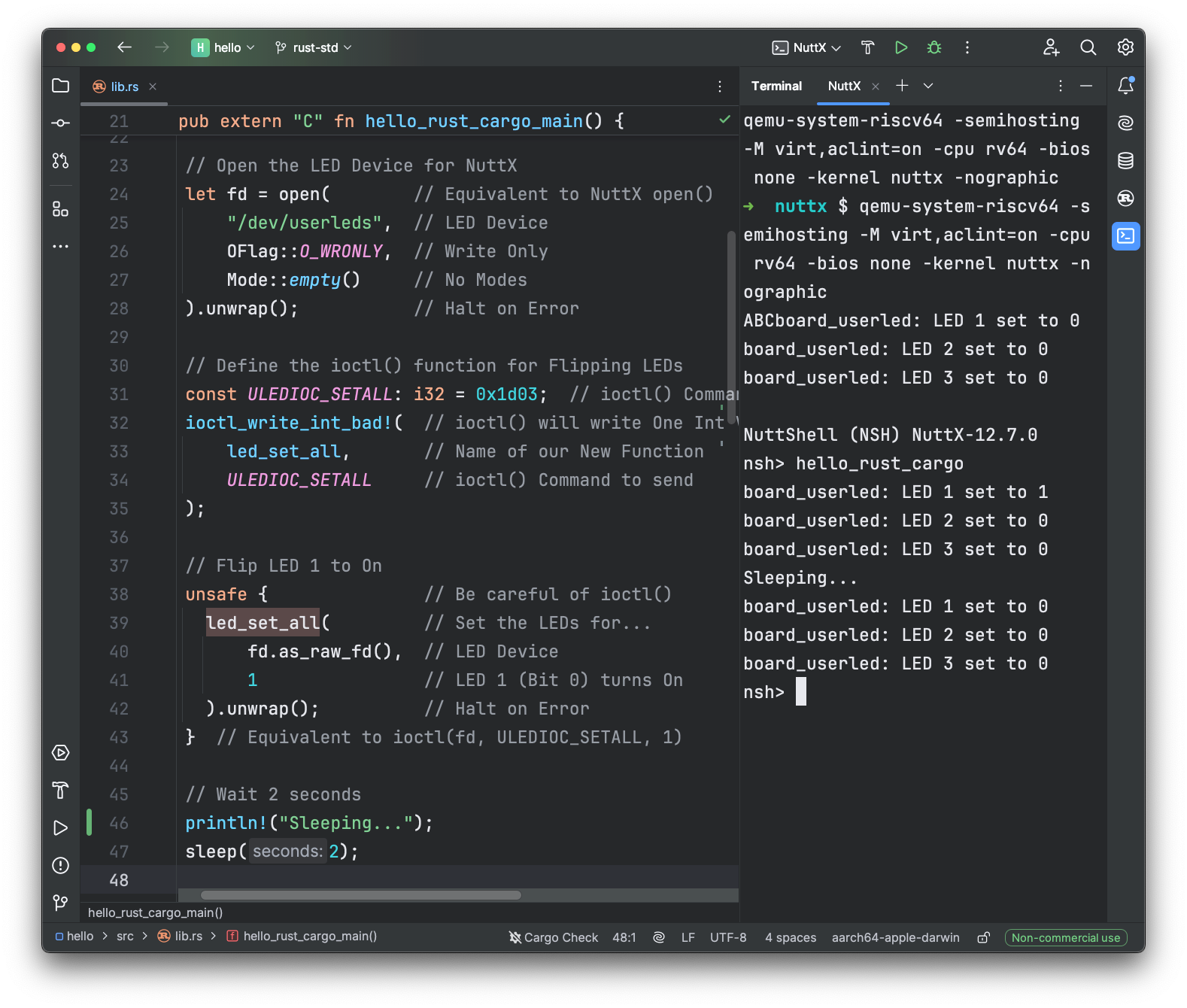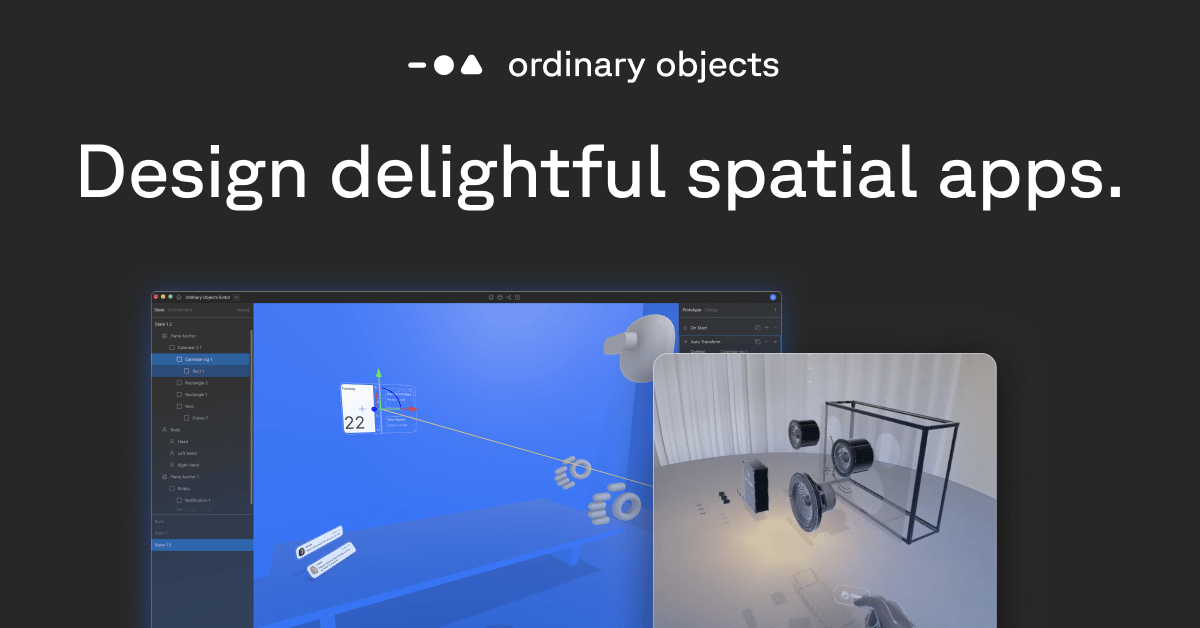FastAnime: Your Terminal-Based Anime Experience
FastAnime is a command-line tool that lets you browse and watch anime directly from your terminal. It integrates with AniList for powerful searching and downloading capabilities, and offers extensive customization options. Users can browse anime, download videos, manage cache, and more, all through a well-designed CLI. It supports MPV player, provides desktop notifications, and offers convenient keybindings. FastAnime is easy to install with support for various package managers and operating systems, boasting a rich set of command-line options and customization features for a streamlined and powerful anime-watching experience.

